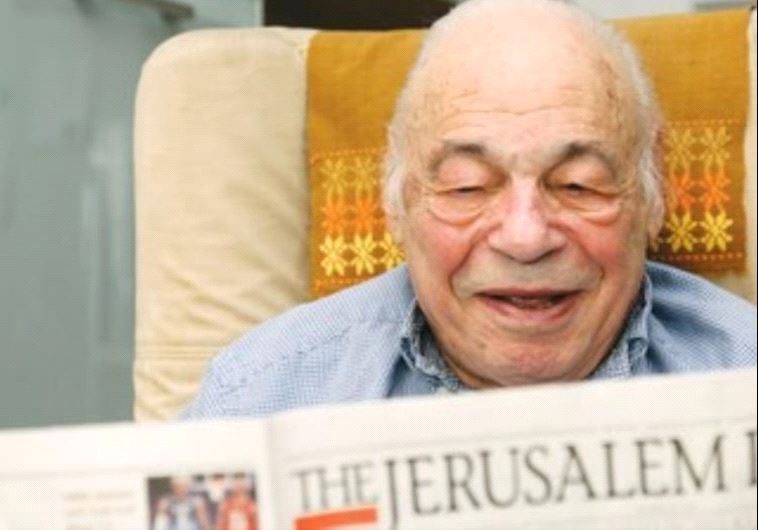Intrepid journalist who survived bombing, interviewed Ben-Gurion, dies at 94
Veteran ‘Post’ journalist survived 1948 bombing of paper’s building, went on to illustrious career as ‘Time’ correspondent
 (photo credit: MARC ISRAEL SELLEM/THE JERUSALEM POST)Updated:
(photo credit: MARC ISRAEL SELLEM/THE JERUSALEM POST)Updated: